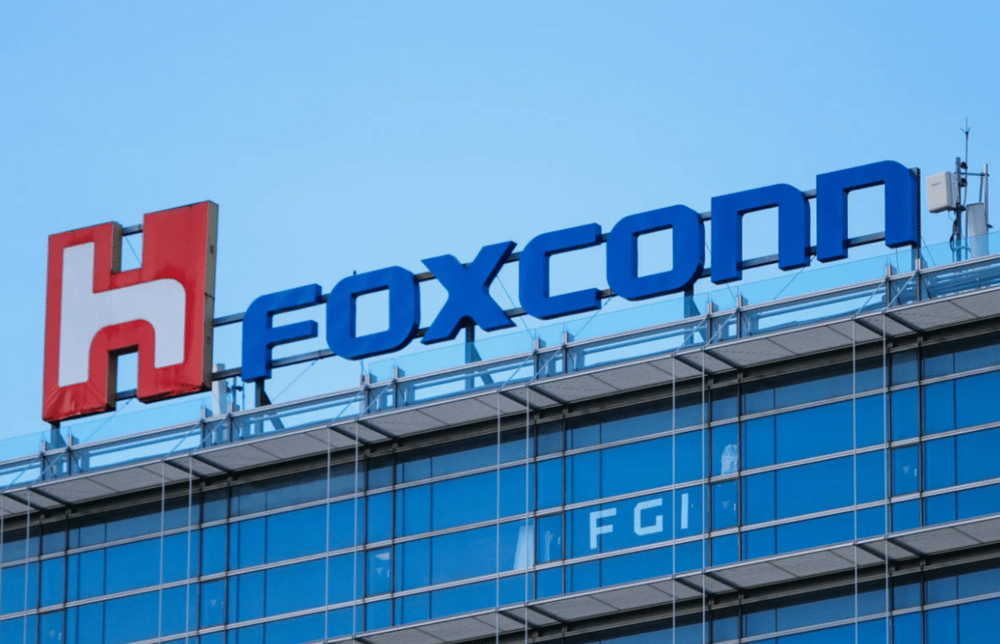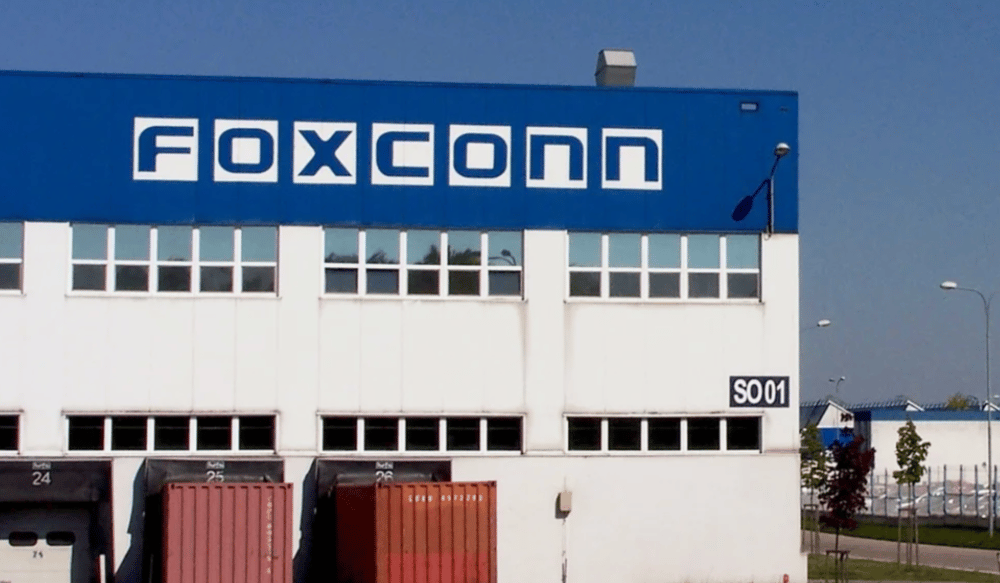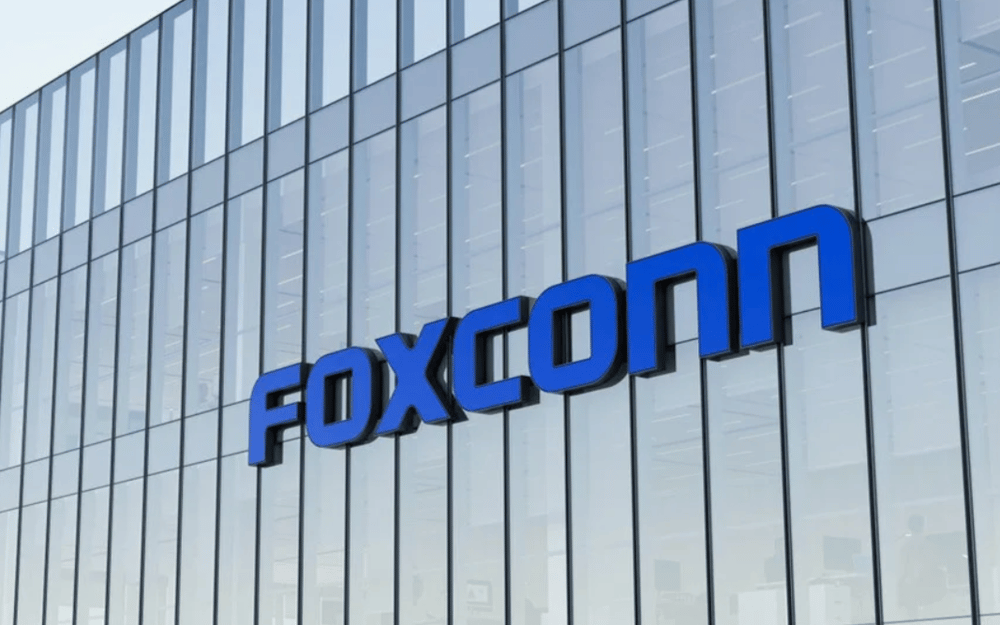Foxconn Explores Strategic Entry into Semiconductor Testing via UTAC Deal
Foxconn $2354.TW, globally recognized as the electronics manufacturing titan behind Apple’s iPhones $AAPL, is now poised to make a strategic leap into the semiconductor backend sector. The Taiwanese company is reportedly among a shortlist of suitors eyeing a potential acquisition of UTAC Holdings, a Singapore-based firm specializing in semiconductor assembly and testing. The deal, valued at approximately $3 billion, signals Foxconn’s growing ambition to diversify deeper into the chipmaking value chain amid tightening global supply dynamics.
The move would mark a notable shift from Foxconn’s traditional role as an electronics assembler into the more complex terrain of semiconductor testing and packaging, a critical stage in the chip production lifecycle that is increasingly in focus due to global shortages and rising geopolitical risk in the semiconductor sector.
Behind the Scenes of the Potential Acquisition
According to individuals familiar with the matter, Wise Road Capital, a Beijing-based private equity firm and the current owner of UTAC, has appointed Jefferies to oversee the sale process. Initial, non-binding offers from interested parties are expected before the end of the month.
Wise Road Capital’s willingness to exit comes amid ongoing scrutiny over Chinese ownership in semiconductor supply chains, particularly in jurisdictions sensitive to tech-sector national security risks. This backdrop could favor Foxconn—perceived as a more politically neutral bidder—especially in markets like the U.S., Taiwan, and Europe, where regulatory oversight is intensifying.

Key Dynamics Shaping the Potential Deal
1. Sectoral Diversification
Foxconn is actively pursuing vertical integration beyond contract electronics manufacturing.
Recent investments in chip design and EV platforms underscore its broader strategic pivot.
2. UTAC’s Operational Profile
Headquartered in Singapore with facilities across Asia.
Offers packaging and testing solutions for memory, analog, and logic chips.
3. Seller's Strategic Timing
Wise Road Capital may be preemptively responding to geopolitical pressures on Chinese-held chip assets.
Sale aligns with growing global interest in Southeast Asian semiconductor infrastructure.
4. Financial Scope
A $3 billion valuation reflects robust demand for backend semiconductor assets.
Increasing global reshoring efforts have amplified interest in packaging and testing firms.
Areas of Strategic Synergy for Foxconn
End-to-End Control: Adding backend chip capabilities complements Foxconn’s push into semiconductors through its subsidiary Foxconn Industrial Internet (FII).
De-risking Supply Chains: Owning testing facilities could mitigate reliance on third-party vendors, improving supply chain resilience.
Access to Talent and IP: UTAC brings specialized talent and proprietary technologies in chip-scale packaging and advanced test solutions.
Regional Leverage: Singapore’s political neutrality and infrastructure make UTAC an appealing hub for global semiconductor operations.

Broader Market Implications
Intensified M&A Activity: The deal aligns with a broader M&A trend in the semiconductor backend space.
Southeast Asia’s Role: UTAC’s regional base reflects the strategic importance of Southeast Asia as an alternative to China-centric supply chains.
Regulatory Watchdogs: Potential concerns from CFIUS and other oversight bodies may influence the final bidder selection.
Private Equity Exit Pathways: The divestiture marks another example of PE firms monetizing assets in politically sensitive industries.
Market Shifts and Strategic Outcomes
Rise in global semiconductor supply chain reshoring efforts
Escalating scrutiny on Chinese semiconductor investments
Shift in OEMs' procurement strategies amid technology decoupling
Greater emphasis on chip sovereignty and end-to-end control
Conclusion: Positioning for a Silicon-Centric Future
Foxconn’s potential bid for UTAC could prove to be a strategic masterstroke, aligning with its broader goal of becoming a vertically integrated technology powerhouse. As supply chain security, geopolitical alignment, and regional diversification become central to the semiconductor industry's future, control over critical infrastructure like chip testing and packaging will determine which companies lead in the next phase of tech manufacturing. For Foxconn, the acquisition of UTAC would not just be about business expansion—it would be a step toward redefining its role in the global technology ecosystem.















Comments
Forward-thinking investment strategies are crucial, as they lead to remarkable growth in capital.
Forward-thinking investment approaches are propelling substantial capital advancement like never before.